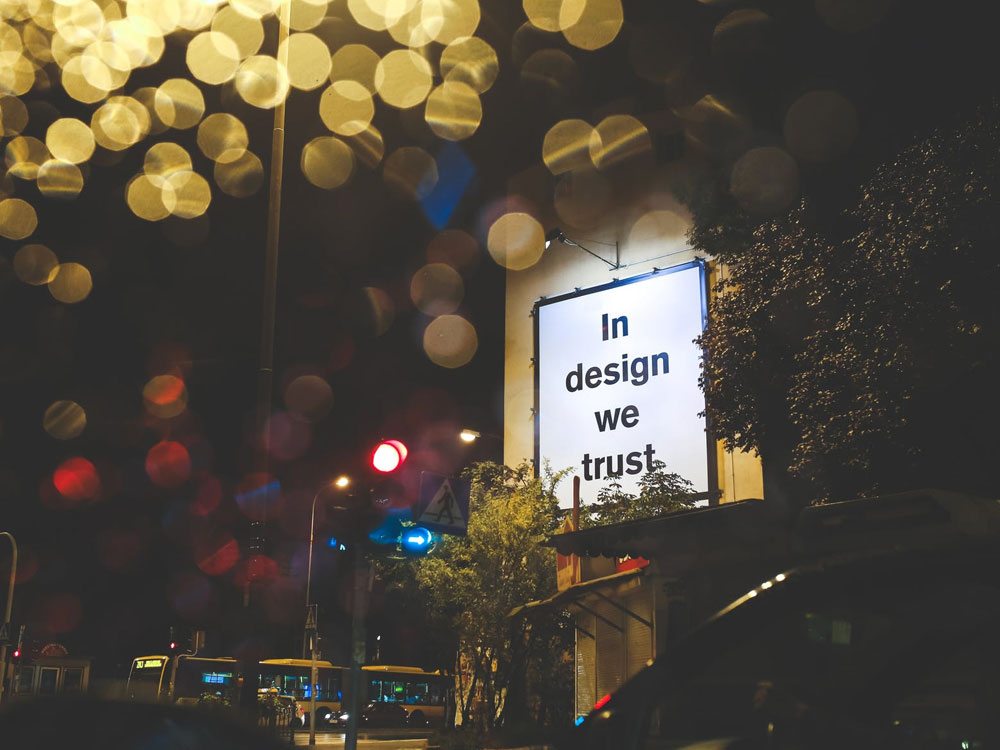Wandering Hearts and the Call to Come Home
A heartfelt invitation to return to God, even if you’ve strayed or never believed in the first place
"The truth is like a lion. You don't have to defend it. Let it loose, and it will defend itself."
— St. Augustine of Hippo, former skeptic and one of the greatest minds in history
The Wandering of Our Age
The modern world is full of lostness.
We don’t always see it — not when we're entertained, distracted, scrolling. But the quiet moments tell the truth.
-
That ache when the party ends.
-
That sinking feeling after another shallow relationship.
-
That fear that life is meaningless.
-
That shame from choices we can’t undo.
We're told these are just feelings. We're told to numb them, normalize them, or redefine them.
But what if they're not flaws?
What if they are signals?
What if your wandering heart is not lost, but being called home?
Reason Is Not the Enemy of Faith
Many skeptics don’t reject God because of evidence — they reject Him because of bad religion, pain, or shallow reasoning. And yet, the Catholic Church does not ask you to abandon reason. In fact, it insists on it.
“Faith and reason are like two wings on which the human spirit rises to the contemplation of truth.”
— St. John Paul II, Fides et Ratio
Unlike emotional ideologies or relativism, Catholicism has stood 2,000 years of philosophical scrutiny, scientific revolutions, and global challenges — and remains the most intellectually complete worldview in human history.
It doesn't just feel true.
It is true — historically, philosophically, morally, and spiritually.
Why Do You Feel So Far Away?
That feeling of distance from God — even His absence — is something countless saints and former atheists experienced before conversion.
“God is not far from any one of us. For in Him we live and move and have our being.”
— Acts 17:27-28
If He feels far, perhaps it’s because you’ve been looking everywhere else: politics, pleasure, people, performance. But none of those things satisfy the longing you carry — because that longing was not made for this world.
As C.S. Lewis, a former atheist, famously said:
“If I find in myself a desire which no experience in this world can satisfy, the most probable explanation is that I was made for another world.”
That desire is not a glitch in your programming. It’s a homing beacon.
Stories of Those Who Came Home
🧠 Dr. Bernard Nathanson – Atheist & Co-Founder of NARAL
One of the architects of legalized abortion in the U.S., Nathanson later converted to Catholicism. After witnessing a live ultrasound abortion, he said:
“I am convinced that what I saw was a human being, and I have come to believe that we are dealing with the most defenseless members of the human family.”
He turned from destruction to life, not through guilt, but through evidence and grace.
📚 Dr. Edith Stein (St. Teresa Benedicta of the Cross) – Jewish Atheist to Catholic Nun
A brilliant philosopher and student of Edmund Husserl, she was a committed atheist. One night she read St. Teresa of Avila's autobiography and declared:
“This is the truth.”
She converted, became a Carmelite nun, and was later martyred at Auschwitz. Her mind led her to Christ — not away from Him.
✍️ Leah Libresco – Ivy League Atheist to Catholic Apologist
An atheist blogger for Patheos, Libresco realized that her belief in moral objectivity couldn’t be justified by materialism.
“I was stuck trying to explain why rape is wrong without being able to say ‘because it just is.’ I needed a lawgiver. I needed God.”
Her blog, Unequally Yoked, chronicles the journey from resistance to reception — where reason bowed before truth.
Logic Points to the Door — But Love Invites You In
You don’t need blind faith.
You need honest searching. And the Catholic Church is ready to meet you there.
It offers:
-
A Church founded by Christ, not men
-
Unbroken apostolic succession back to the first century
-
Philosophical consistency (see Aquinas, Augustine, Feser)
-
Miracles validated by science (e.g., Eucharistic miracles, incorrupt saints)
-
Saints who lived heroic, rational, joyful lives
But beyond evidence is a Person.
And He is calling you.
“Come to me, all you who are weary and burdened, and I will give you rest.”
— Matthew 11:28
But What About the Church’s Scandals?
This is a real wound. And it has kept many away.
But remember: Christ never promised a sinless Church, only a true one. Judas was in the original Twelve. Corruption in some does not disprove the holiness of the Church’s origin or teachings.
The failings of men do not negate the truth of God.
Judge the Church not by her traitors — but by her saints.
You Don't Need to Have It All Figured Out
You might still have doubts. That’s okay.
“Lord, I believe — help my unbelief!”
— Mark 9:24
This cry was recorded in Scripture not to shame the doubter — but to remind you: doubt can be part of the journey to faith.
If you’re still searching, then good. That means you haven’t given up. That means your heart is still beating — still hoping.
God has not given up on you either.
Come Home
The door of the Church is open. The Father is waiting. The Shepherd is searching for His lost sheep — not to scold it, but to carry it back to safety.
Your sins do not disqualify you.
Your past does not define you.
Your doubts do not disgust Him.
He simply says: “Come home.”
💡 Next Steps for the Seeker:
-
Read the Gospel of Luke (start with Chapter 15: The Prodigal Son)
-
Explore Catholicism at Catholic.com or Formed.org
-
Visit a Catholic Mass — just sit and observe
-
Pray this prayer:
“God, if You’re real, I want to know You. I’m tired of wandering.”
He hears. He answers.
“There are only two kinds of people: those who say to God, ‘Thy will be done,’ and those to whom God says, ‘Thy will be done.’”
— C.S. Lewis
Which one will you be?
Come home. Your Father is waiting.











